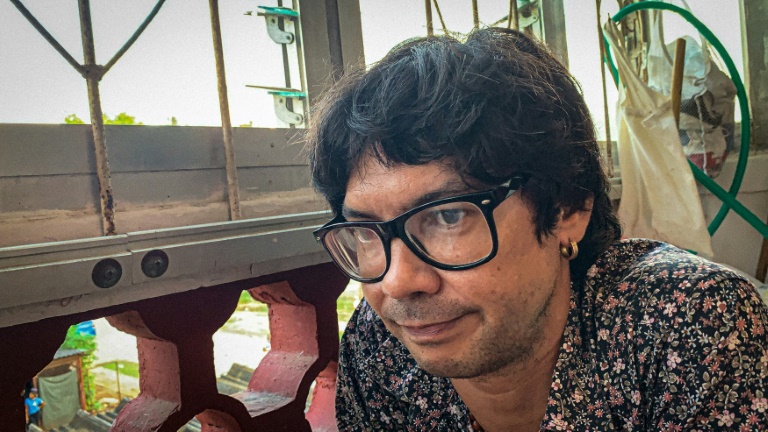Cuban security forces encircled the home of a leading dissident Sunday ahead of planned anti-government rallies, as Washington slammed Havana’s “intimidation tactics” and called for a ban on the demonstrations to be lifted.
“We call on the Cuban government to respect Cubans’ rights, by allowing them to peacefully assemble and use their voices without fear of government reprisal or violence,” Blinken said in a statement. He urged other democratic states to “echo our support for Cuban demonstrators.”
The Cuban opposition has called for demonstrations in Havana and six provinces on Monday as it demands the release of hundreds of prisoners jailed after history-making protests in July.
Blinken condemned Havana’s “intimidation tactics” of blocking protests, firing opposition supporters and threatening them with detention.
With pressure steadily mounting, security forces on Sunday encircled the home of a leading dissident as he was preparing to set off on a solo protest march.
“I woke up this morning with my home under siege,” 39-year-old playwright Yunior Garcia told AFP.
AFP journalists witnessed numerous state agents in civilian clothing blocking Garcia’s street or stationed on surrounding rooftops.
Garcia, who has been portrayed in official media as “Enemy Number One,” said state agents had told him earlier that “they will not allow me to protest,” adding, “they even told me which prison they were going to take me to.”
At least six other coordinators of Archipielago, a Facebook protest group created by Garcia, were earlier prevented from leaving their homes, while one dissident, Guillermo Farinas, was arrested, the group said.
Garcia had planned to set out Sunday to walk through central Havana, dressed in white and with a white rose in hand to signify protesters’ non-violent intentions.
– No plan to back down –
Earlier, in an apparent bid to minimize international attention to the protests, Cuban authorities revoked the credentials of six journalists with Spanish news agency EFE.
That prompted sharp diplomatic protests from Madrid, where authorities summoned the Cuban charge d’affaires to “demand explanations.”
The Madrid chapter of the group Reporters Without Borders condemned the Cuban move, saying President Miguel Diaz-Canel’s government “does not want witnesses to the emerging pro-change movements.”
The credentials of two journalists were subsequently returned, EFE announced.
Despite the growing pressure, Archipielago, which has 30,000 followers in Cuba and abroad, has maintained its call for the Monday protests.
Havana has accused Washington of backing the protests in an effort to destabilize the Cuban government.
Diaz-Canel is expected at midday Sunday to visit a Havana park where Communist students are organizing a pro-government sit-in.
On Friday, the president said government supporters were “ready to defend the revolution” and “confront any act of interference.”
State television has accused Yunior Garcia of being a US-backed agent, even comparing him to Czech playwright Vaclav Havel, a dissident who became his country’s president.
The protests in July led to the arrests of 1,270 people, with more than 650 of them still in detention, according to NGO Cubalex.










